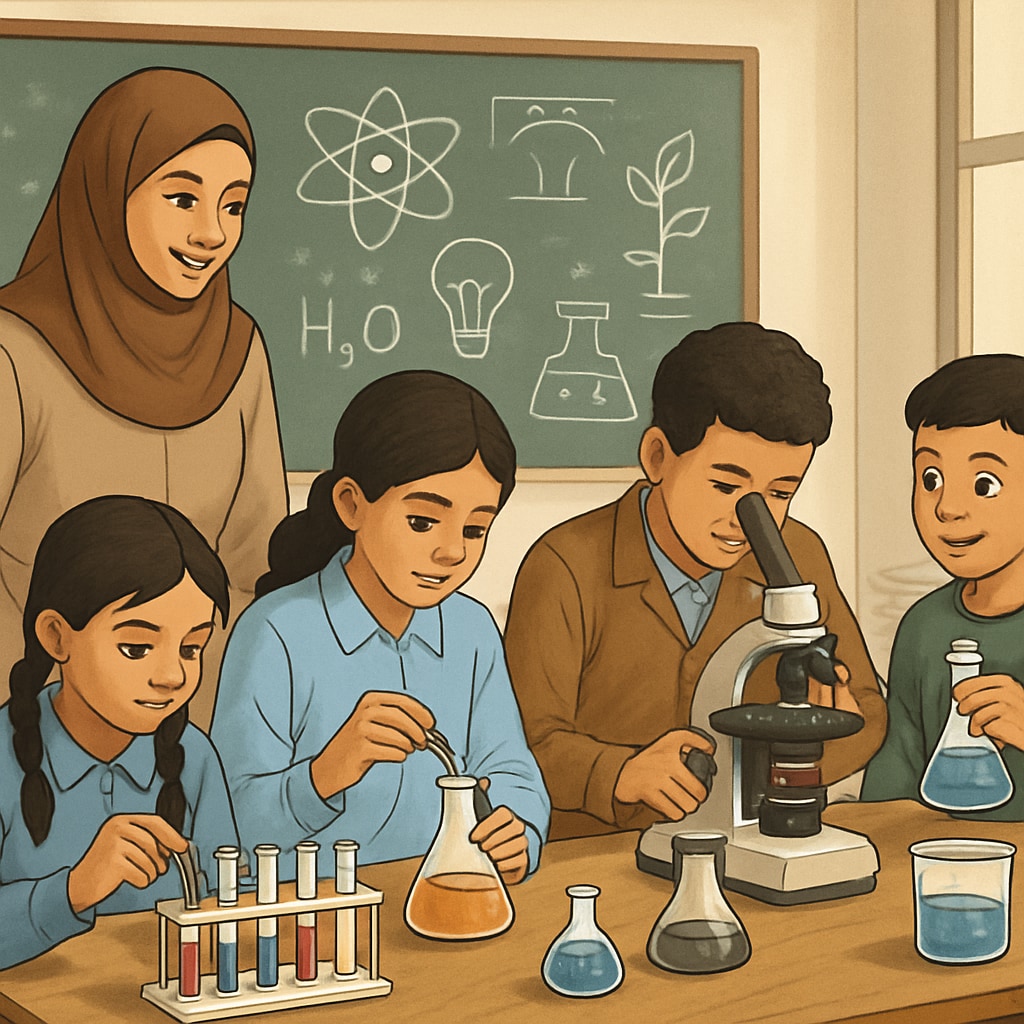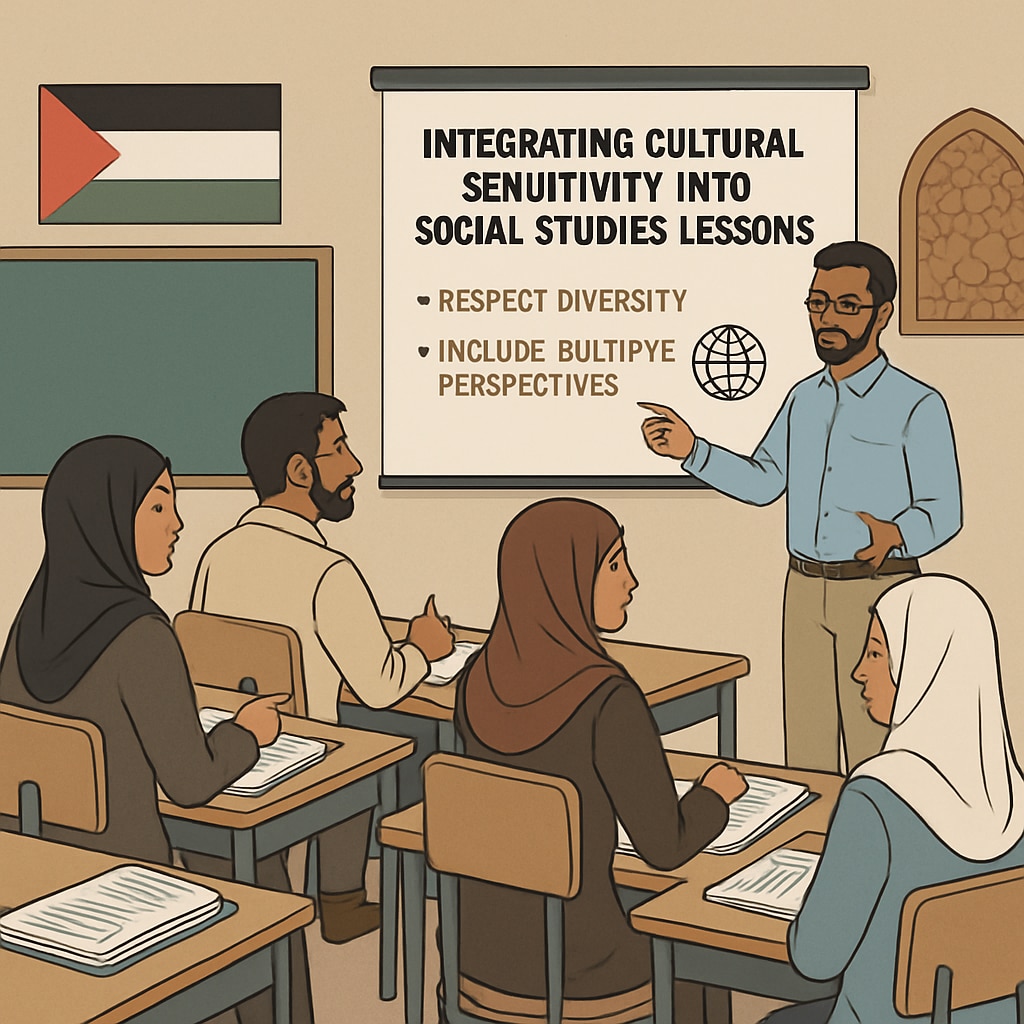In the aftermath of conflict, rebuilding the education system in Gaza’s schools under IDF control presents both a challenge and an opportunity. Creating a robust curriculum for K12 students, particularly in science and social studies, requires careful consideration of cultural identity, international standards, and practical skills. The unique political and social environment adds layers of complexity to an already daunting task.
Challenges in Designing a Curriculum for Gaza Schools
Developing a curriculum in post-conflict zones is far from straightforward. In Gaza, the task involves not only addressing the immediate educational needs of students but also navigating sensitive political and cultural issues. The science and social studies curriculum, in particular, must strike a balance between fostering critical thinking and respecting local traditions.
One of the primary obstacles is aligning the curriculum with international education standards while ensuring it is relevant to the local context. Science education, for example, must incorporate globally recognized principles while addressing the practical realities of limited resources and infrastructure. Meanwhile, social studies must promote a nuanced understanding of history and society, avoiding biases that could fuel further divisions.

Key Considerations for Science and Social Studies
Science education in Gaza must prioritize hands-on learning and critical thinking. Given the resource constraints, innovative approaches such as using local materials for experiments can enhance the learning experience. Additionally, topics like environmental science and renewable energy could be emphasized, offering practical solutions to local challenges.
Social studies, on the other hand, requires a delicate approach. The curriculum should encourage students to explore diverse perspectives on history, politics, and culture while fostering values of empathy and cooperation. This is particularly important in a region where narratives often conflict, and education plays a pivotal role in shaping future generations.
To achieve these goals, educators and policymakers should consider the following strategies:
- Engaging local communities in curriculum development to ensure cultural relevance.
- Incorporating project-based learning to make lessons more interactive and impactful.
- Providing teacher training programs to equip educators with the skills needed to handle sensitive topics.

Balancing Cultural Identity and Global Standards
One of the most significant challenges in designing the curriculum is balancing cultural identity with global standards. In Gaza, education is not just about academics; it is also a means of preserving cultural heritage. However, the inclusion of international perspectives is equally important to prepare students for a globalized world.
This balance can be achieved by embedding local history, language, and traditions into the curriculum while also introducing students to global scientific discoveries and social theories. For instance, a science module could explore local environmental issues alongside international breakthroughs in renewable energy. Similarly, social studies lessons could examine Gaza’s history within the broader context of global events.
Science education on Wikipedia offers a wealth of resources for integrating global standards into curricula. Additionally, Britannica’s overview of social studies provides insights into designing balanced and inclusive programs.
Moving Forward: Recommendations for Policymakers
To ensure the success of the new curriculum, collaboration among stakeholders is essential. Policymakers, educators, and community leaders must work together to create an education system that is inclusive, forward-thinking, and resilient. Key recommendations include:
- Conducting needs assessments to identify the specific challenges faced by students and teachers.
- Securing funding and resources from international organizations to support curriculum implementation.
- Establishing monitoring and evaluation systems to measure the curriculum’s effectiveness and make necessary adjustments.
Rebuilding education in Gaza is a long-term effort, but with careful planning and collaboration, it is possible to create a system that empowers students and fosters hope for a brighter future.
Readability guidance: The article uses concise paragraphs and lists to summarize key points. Transition words like “however,” “in addition,” and “for example” are used to maintain a logical flow. Passive voice is minimized, and sentence length is controlled to enhance readability.


